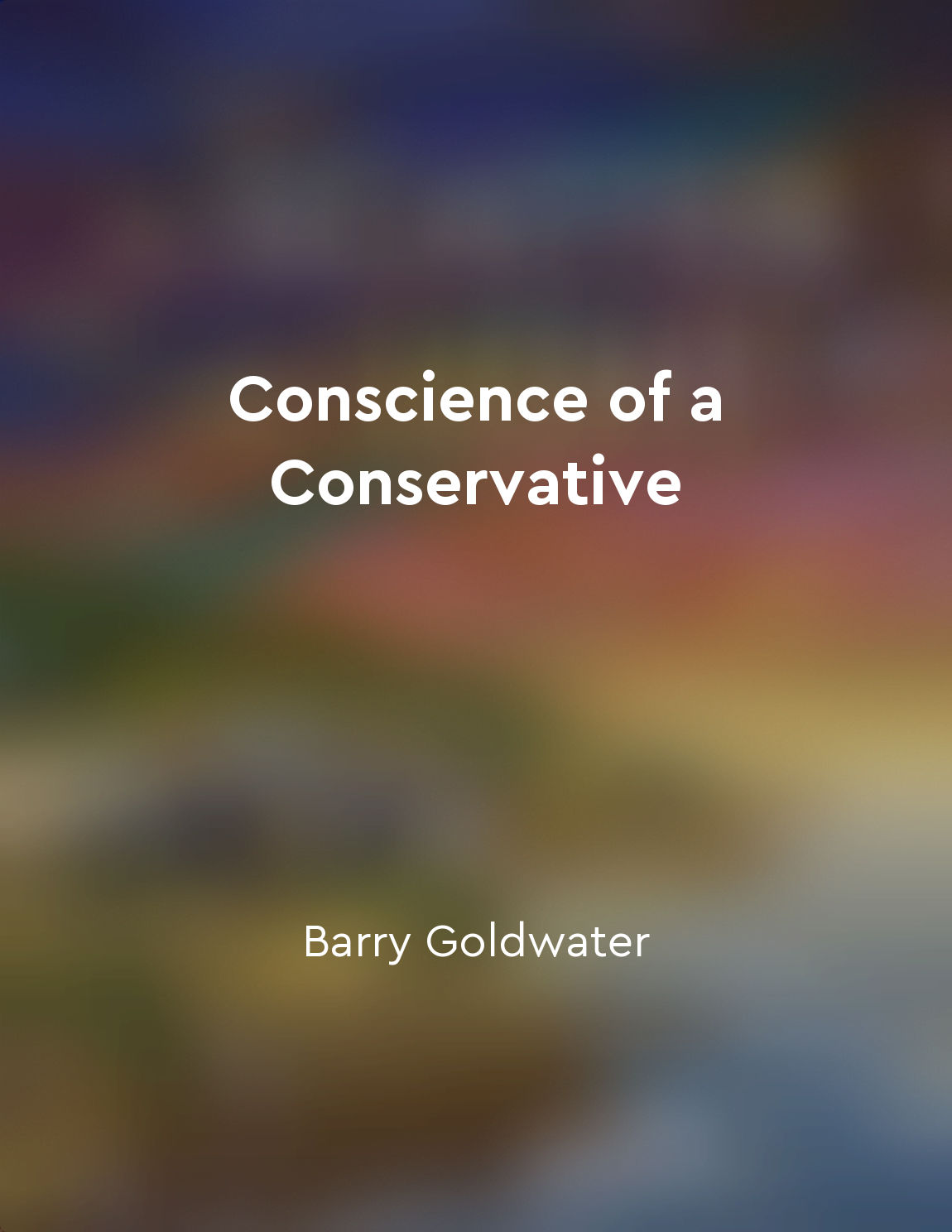Executive accountability is necessary for good governance from "summary" of Constitution of India by Fali S. Nariman
The principle of executive accountability is a fundamental aspect of the governance structure in a democratic society. It ensures that those in positions of power are held responsible for their actions and decisions. This accountability serves as a check on the exercise of power and helps prevent abuse or misuse of authority. In the context of the Indian Constitution, executive accountability is crucial for maintaining the balance of power between the different branches of government. The executive branch, which consists of the President, Prime Minister, and Council of Ministers, is responsible for implementing laws and policies. It is accountable to the legislature, which represents the will of the people. Good governance requires transparency, responsiveness, and integrity on the part of the executive. Accountability mechanisms such as parliamentary oversight, judicial review, and public scrutiny play a vital role in ensuring that the executive acts in the best interests of the citizens. The executive must be answerable for its decisions and actions, whether in the form of policy choices, administrative decisions, or budget allocations. This accountability helps to promote trust in government institutions and enhances the credibility of the democratic process. Without effective accountability mechanisms, there is a risk that the executive may act arbitrarily or in a self-serving manner. This can lead to corruption, inefficiency, and a lack of respect for the rule of law. By holding the executive accountable, we can help to prevent such abuses and uphold the principles of good governance.- Executive accountability is a cornerstone of good governance. It is essential for ensuring that those in positions of power act responsibly and in the public interest. By holding the executive accountable, we can help to strengthen democracy, promote the rule of law, and protect the rights and freedoms of all citizens.
Similar Posts
Urban planning should prioritize pedestrianfriendly design
In our cities, the priority should always be on creating spaces that are inviting and safe for pedestrians. This is a fundament...

Continuous learning and adaptation are key in industrial policy
Industrial policy is a dynamic process that requires constant learning and adaptation to changing circumstances. It is not a on...
Foster teamwork
Fostering teamwork is a critical aspect of effective executive leadership. It involves creating an environment where individual...
Oppression breeds resentment and rebellion
When people are oppressed, when their rights are trampled upon and their voices silenced, they naturally feel a deep sense of r...
India's foreign policy is guided by nonalignment and diplomacy
India's foreign policy has long been shaped by the principles of nonalignment and diplomacy. This approach, rooted in the count...
Regulatory policies should adapt to changing market conditions
Regulatory policies play a crucial role in shaping market dynamics by setting the rules and guidelines for businesses to operat...
Medieval Indian History saw the rise of powerful dynasties
During the medieval period in Indian history, various powerful dynasties emerged and played a significant role in shaping the p...
The Supreme Court is the guardian of the Constitution
The Supreme Court plays a crucial role in upholding the Constitution of India. It acts as a guardian, ensuring that the princip...
Individual interests must align with the common good
In a well-ordered society, the interests of the individual must necessarily align with the common good. This harmony between pe...

Standing up for one's beliefs is honorable
Holding fast to one's convictions is a virtue that has been celebrated throughout history. It is a testament to one's character...


